LLM & AI Blog
Latest posts and insights relating to private large language models and artificial intelligence
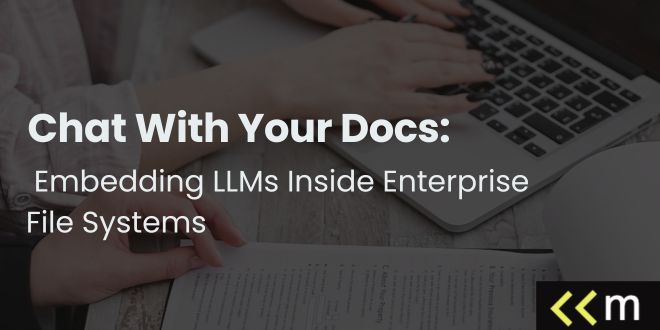
Large Language Models
How Do You Build a Permission-Aware Enterprise RAG System to Chat With SharePoint, SMB Drives, and S3?
Turn enterprise file systems into conversational knowledge hubs by embedding LLMs for fast, permission-aware search, summaries, and grounded answers.

Artificial Intelligence
AI That Listens Carefully: Summarizing Doctor-Patient Conversations Privately
Discover how private AI tools securely summarize doctor-patient conversations, improving clarity, reducing burnout, and preserving trust in care.
WordPress revolutionized web publishing by making powerful, open source tools accessible to everyone—from bloggers to enterprises. Today, private, open source LLMs are following a similar trajectory. This post explores how the commoditization of model weights, rising demand for AI privacy, modular deployment stacks, and falling hardware costs are setting the stage for a “WordPress moment” in AI. From Raspberry Pi-scale devices to enterprise-grade LLM stacks, we’re approaching a future where every company—not just big tech—can deploy and control its own intelligent systems.
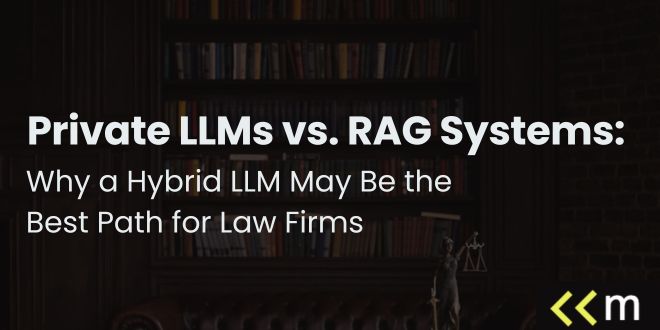
Large Language Models
Private LLMs vs. RAG Systems: Why a Hybrid LLM May Be the Best Path for Law Firms
Law firms evaluating AI face a choice between Private LLMs—high-control but costly and static—and RAG systems, which are cheaper, faster, and always up to date. Each has strengths and drawbacks, but the most effective strategy is often a hybrid: combining the reasoning power and style of private LLMs with the freshness and accuracy of RAG retrieval.
This is a comprehensive guide for deploying a fully private, production-grade Large Language Model (LLM) stack tailored for a range of specialized tasks and domains. It walks through every layer of the infrastructure—from rapid prototyping on a laptop using tools like Ollama and OpenWebUI to scalable, secure deployments with vLLM or TGI backed by a reverse proxy like Caddy.

Large Language Models
Private LLMs for Law Firms: How Law Firms Are Training LLMs on Case Law & Contracts—Securely
Law firms are securely training private LLMs on case law and contracts, combining AI efficiency with strict confidentiality and compliance protocols.

Large Language Models
Hundreds of LLM Servers Lay Sensitive Data Bare in Healthcare, Corporate and Legal
LLMs are now woven into the fabric of everyday business. Yet that rapid rise has also created a new, and largely invisible, attack surface: open-facing LLM servers that bleed sensitive data.
.jpg)
Artificial Intelligence
From Public LLM APIs to Private Artificial Intelligence: Why Enterprises Are Making the Switch
Enterprises are shifting from public APIs to private intelligence for security, control, and compliance—building AI systems that are smarter, safer, and proprietary.
Implementing private large language models (LLMs) promises unparalleled control over your AI capabilities — but it comes with significant challenges. From massive infrastructure and energy requirements to complex integration, security, compliance, and ethical concerns, organizations face steep technical and operational hurdles. This post explores the biggest obstacles to deploying private LLMs, including hidden costs like power consumption and noise pollution, talent gaps, and the difficulty of future-proofing against rapidly evolving AI technology.
As AI and large language models (LLMs) become embedded in enterprise workflows, compliance with frameworks like SOC 2, HIPAA, and GDPR is essential. This post explores how LLMs introduce new regulatory risks—and how private AI deployments can help organizations meet security, privacy, and data integrity requirements.
Public AI APIs like OpenAI and Anthropic offer convenience and powerful capabilities, but they come with hidden risks—data privacy concerns, vendor lock-in, compliance challenges, and unpredictable costs. This post explores why enterprises should be cautious when relying on public APIs and outlines how private LLM deployments offer a secure, customizable, and compliant alternative. By hosting models in your own infrastructure, you gain full control over your data, reduce regulatory exposure, and avoid the limitations of third-party providers.
Large Language Models (LLMs) are powerful—but energy-hungry. Complex queries can emit up to 50× more CO₂ than simple ones, contributing significantly to AI’s environmental footprint. This post outlines how to make LLMs more sustainable through smarter model selection, compression techniques, carbon-aware orchestration, and green infrastructure. With tools like GreenTrainer and CarbonCall, emissions can be cut by over 50% without sacrificing performance. LLM.co is leading the way in helping organizations deploy intelligent, energy-efficient, and climate-conscious AI systems.

Artificial Intelligence
From Documents to Decisions: How BYOD-AI Transforms PDFs Into Business Intelligence
Static documents become searchable, interactive, and invaluable tools for informed decision-making.





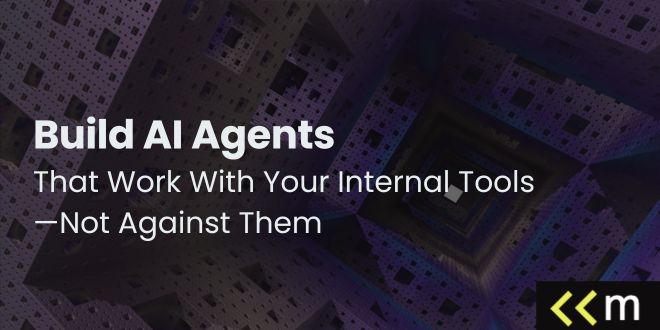

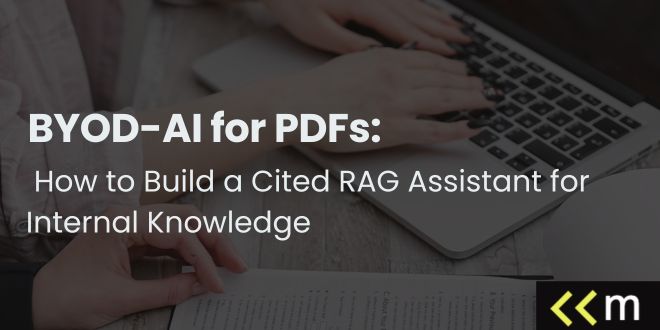



.jpg)




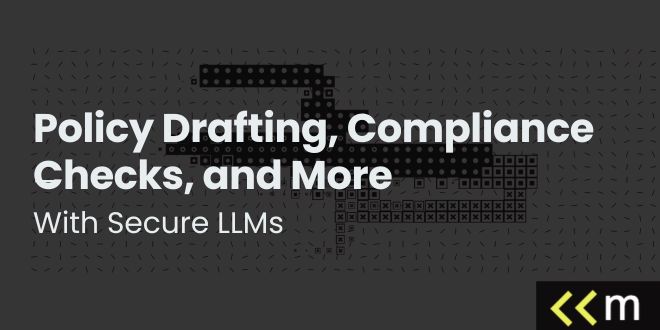
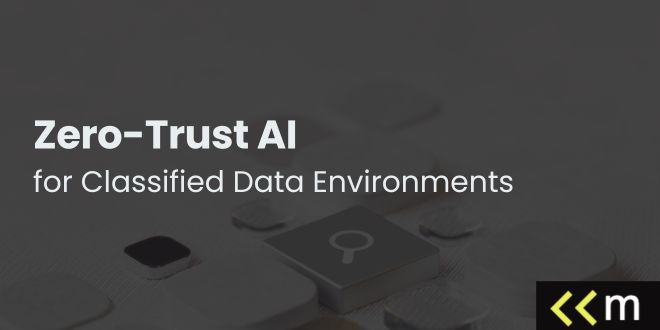
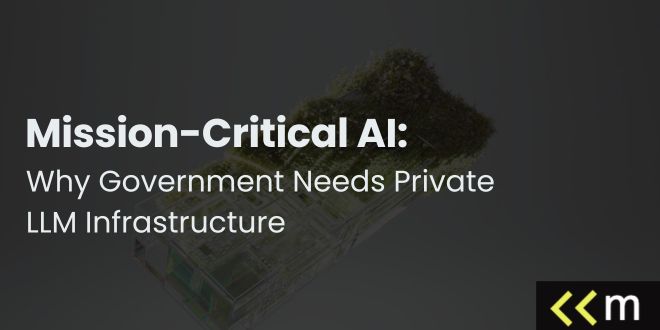
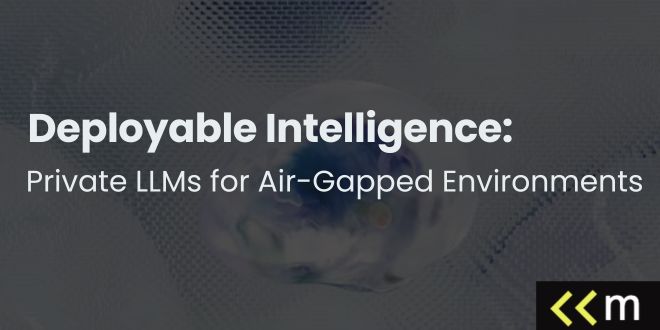


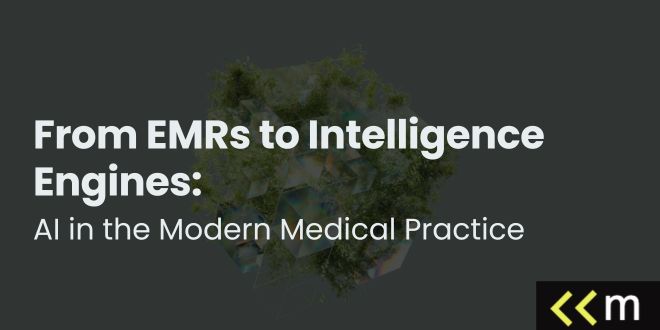
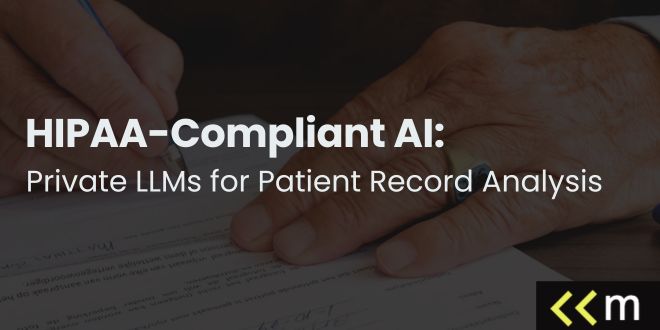






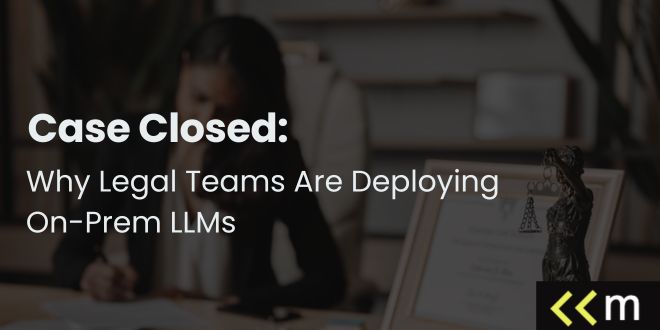


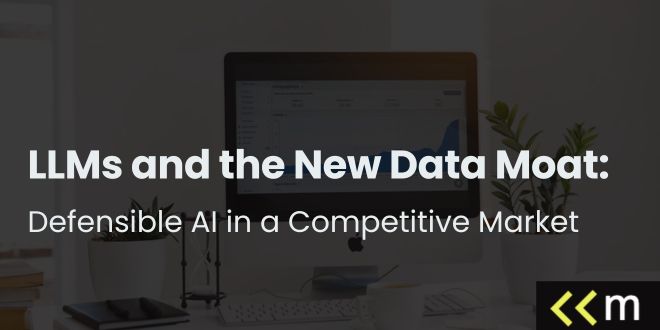

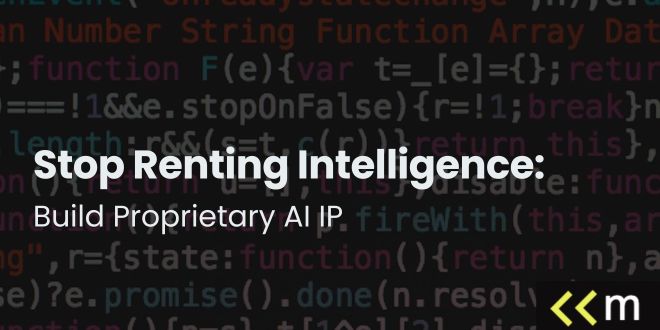




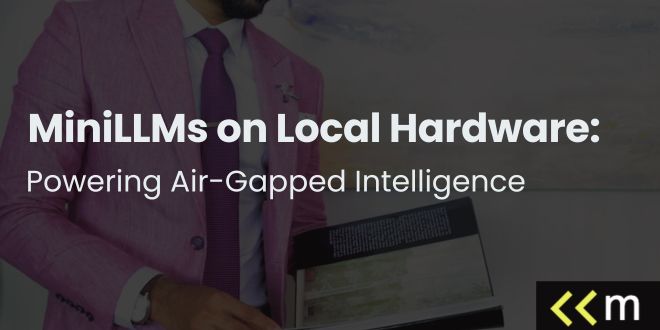

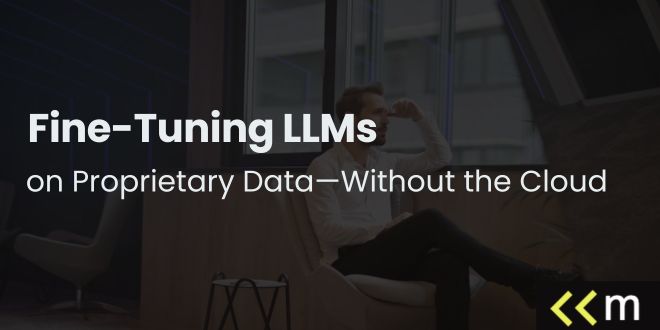
%20Done%20Right.jpg)



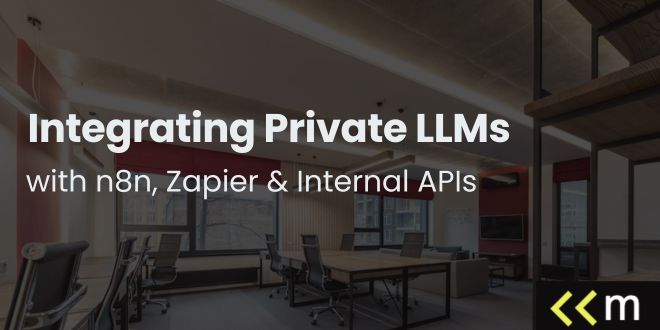
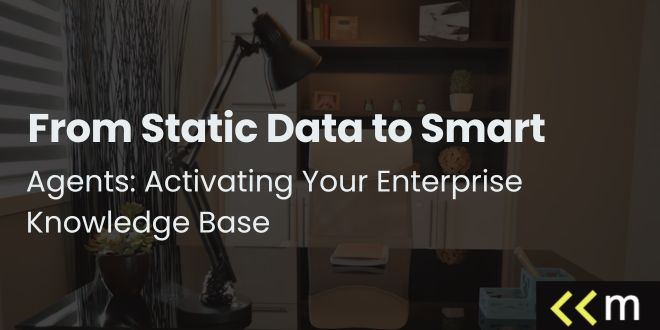




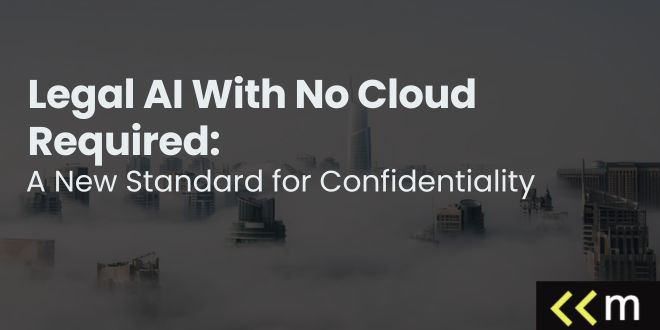

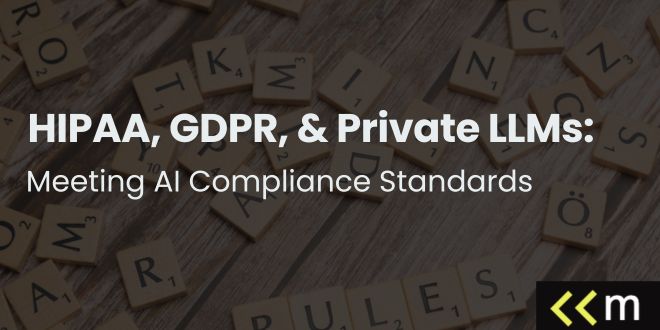


.jpg)
.jpg)
.jpg)
.jpg)



.png)




